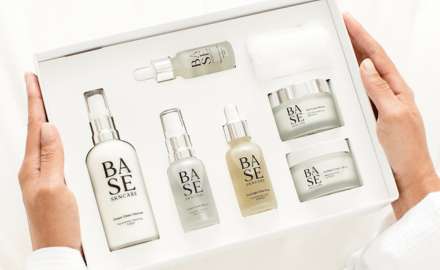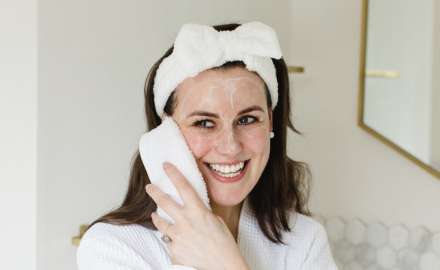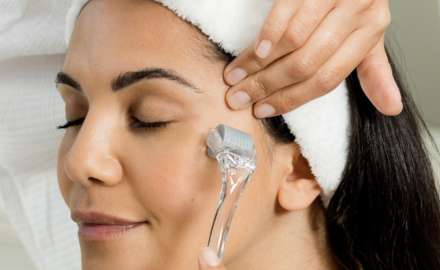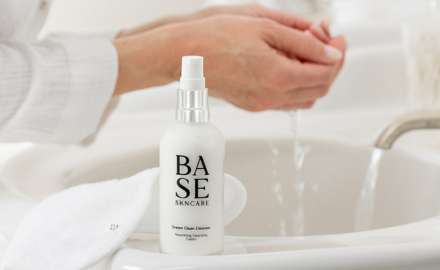
Just how much does sleep impact your skin?
There is now a lot of scientific evidence to show that the vast majority of skin recovery, happens while you sleep. This is because blood flow to your skin increases and your body rebuilds and repairs collagen damage caused by UV exposure.
Have you ever noticed that you can immediately tell if someone’s had a poor nights sleep? New research shows that just one bad night can cause:
- Puffy eyes and dark circles
- Paler skin
- An increase in lines and wrinkles
Not quite the 'woke-up-like-this' wonders we were going for, but don’t worry, all of it can be rectified. I’m going to share my top 3 tips for a great night's rest so that you wake up looking and feeling your best, every single morning.
Tip 1 - Create A Bedtime Routine
There’s a reason parents create bedtime routines for babies, so it’s time we took care of ourselves in the same way. Start with a warm bath or shower about an hour before bed as it activates your vagus nerve (the nerve that connects your gut to your brain). The warm water increases your body temperature which relaxes your muscles and soothes you physically and mentally. This is particularly great after a stressful day.
Follow up with your Proactive Age skincare routine and head to bed with a good book. Try to avoid your phone for the last hour of the day as your brain finds the blue light that radiates from your screens very stimulating.

Tip 2 - Get A Silk Pillowcase And Elevate Your Head
You should be sleeping for approximately a third of your day, so it makes sense that the position of your face matters during this time. A rough cotton surface can irritate and compress your face, resulting in wrinkles. An easy solution is to swap to a silk pillowcase. Its smooth surface minimises irritation and compression to reduce crow’s feet and other fine lines. It’s a really easy swap that makes a big difference.
Slightly elevating your head has also been proven to reduce snoring and acid reflux…all issues that can disturb the quality of your sleep. In addition it also reduces puffiness and under eye bags by improving circulation and increasing lymph flow. Elevating your head can be as simple as adding an extra pillow or even propping the head of the bed up by a few inches.

Tip 3 - Minimise Caffeine Intake And Try A Melatonin Supplement
A morning cup of coffee can make all the difference to the start of your day but drinking too much caffeine, particularly later in the afternoon, can massively impact your sleep. A 2014 study also showed that caffeine slows down your wound healing process and accelerates the ageing of your skin too. I always recommend switching to decaf from lunchtime, to give your mind and body the best chance of a peaceful night.
Melatonin supplements on the other hand are great for sleep and therefore, help your skin! One study in particular showed that people fell asleep faster and had a 15% improvement in overall sleep quality. If you struggle with insomnia or find it particularly hard to get to sleep, try a 1-5mg dose an hour before bed. This works especially well during the menopause.
I hope these tips help you to have a restful night’s sleep and that you notice the endless benefits in all aspects of your life. Beauty sleep is the real deal!
Amy x

Amy x
Amy is a qualified skin expert and founder of BASE. When she’s not writing about skincare, you’ll find her applying it, developing it or daydreaming about it instead!












